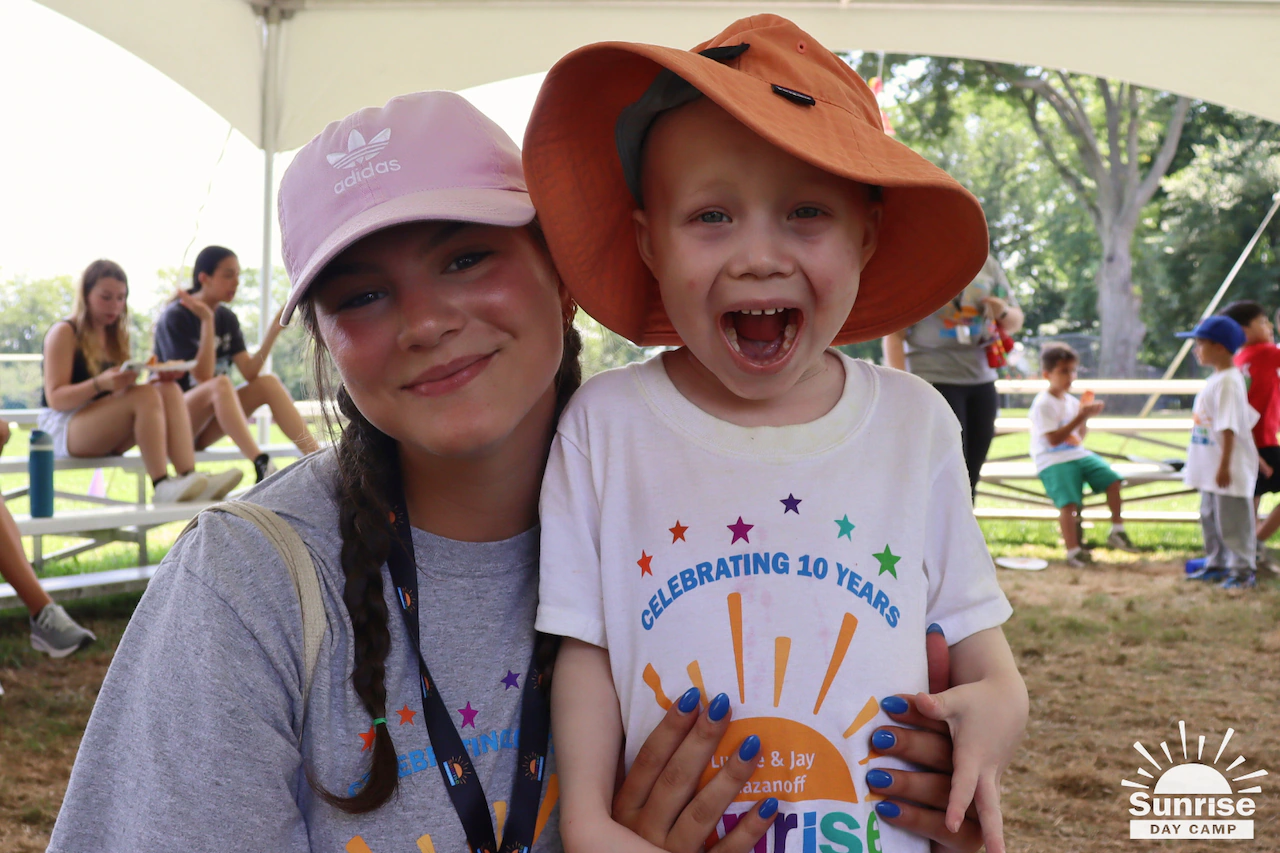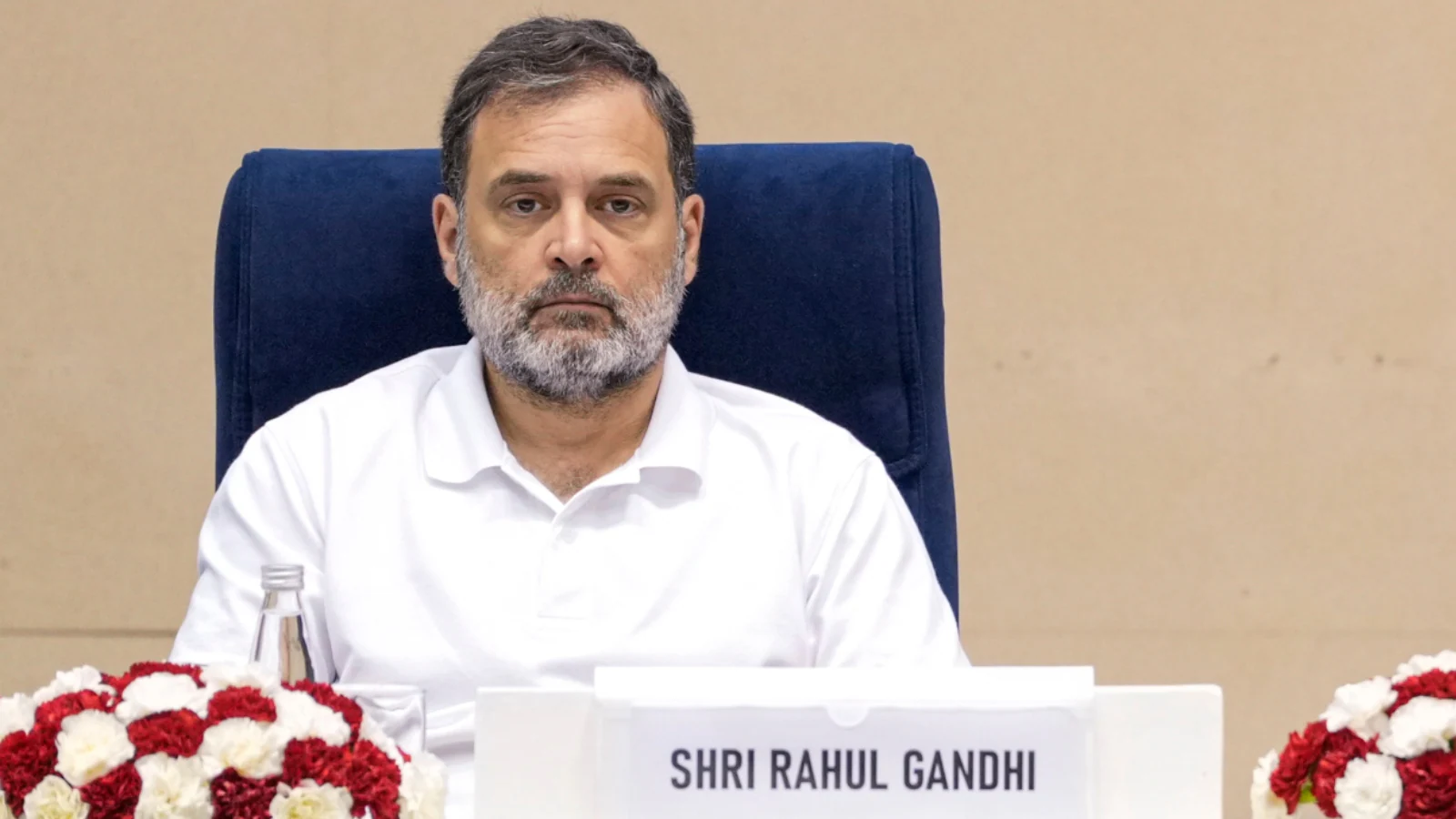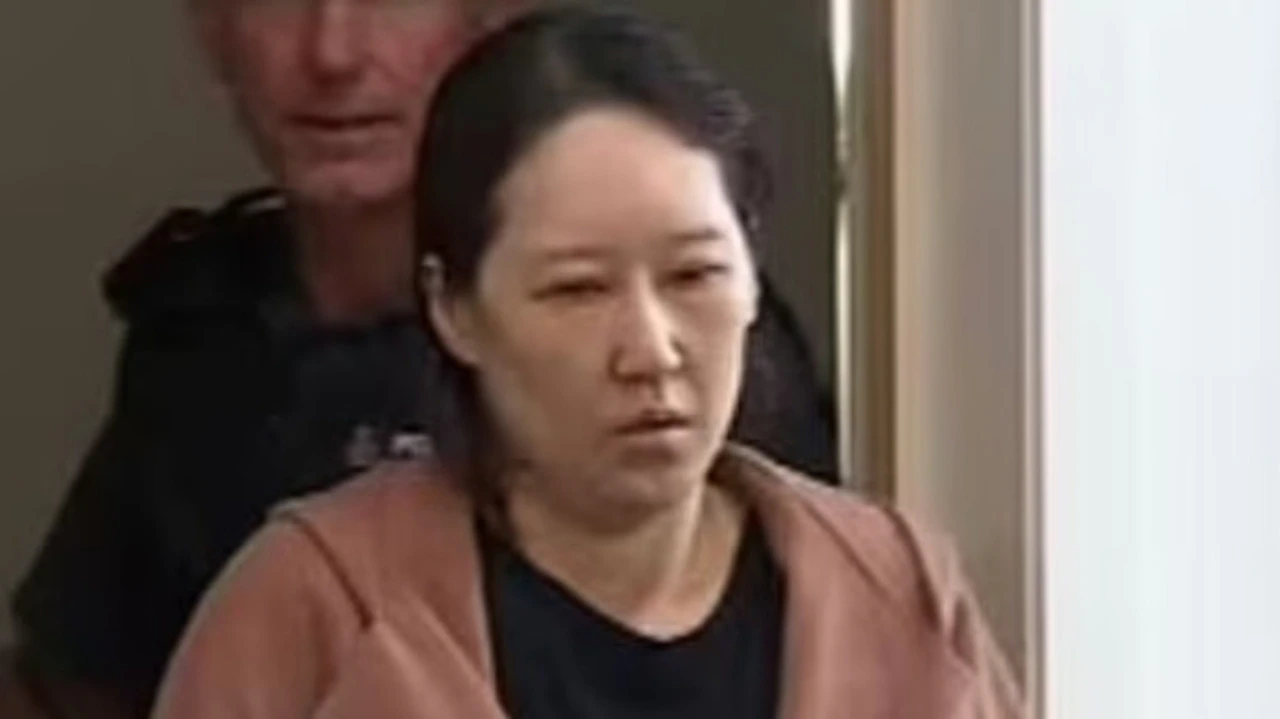JCC: Study confirms long-term impact of Sunrise Day Camps on children with cancer and their siblings

STATEN ISLAND, N.Y. — A new study from Tel Aviv University’s School of Public Health has confirmed what families on Staten Island have long believed: the Lucille & Jay Chazanoff Sunrise Day Camp-Staten Island is changing lives.
The first-of-its-kind, IRB-approved study followed 343 children, ages 8 to 17, across five Sunrise Day Camp locations in the U.S. during the summer of 2024. The research, released during Childhood Cancer Awareness Month, found that the camp delivers measurable and lasting emotional and social benefits to children with cancer and their siblings.
Among the most significant findings were improvements in resilience, self-esteem, quality of life, sibling relationships, and illness management. A follow-up conducted 12 weeks after camp confirmed that many of these benefits—especially resilience and emotional well-being—persisted long after the summer ended.
“Sunrise was founded on the belief that every child deserves a summer filled with joy, friendship, and healing,” said Arnie Preminger, president and CEO of the Sunrise Association. “This study affirms that the magic of Sunrise goes far beyond the summer—it builds emotional strength that endures.”
The Lucille & Jay Chazanoff Sunrise Day Camp-Staten Island, operated by the Joan & Alan Bernikow JCC, serves more than 170 children annually, all at no cost to families. The camp is part of the larger Sunrise Association, which welcomed 2,600 children to 14 camps across the U.S. and Israel this past summer—its largest season yet.
Study Highlights: The “Sunrise Effect”
Self-Esteem: Campers reported increased confidence that continued to grow after camp.
Quality of Life: Children experienced greater happiness and emotional well-being.
Sibling Bonds: Camp helped ease tensions and strengthen family relationships.
Resilience: Children left camp better equipped to handle life’s challenges.
Illness Management: Diagnosed campers gained tools to better understand and cope with their condition.
Reduced Anxiety: Campers experienced significant emotional relief—often ending camp less anxious than their healthy siblings.
Lasting Impact: Emotional gains, particularly in resilience, were sustained 12 weeks post-camp, with repeat campers showing the strongest growth.
“Resilience sustained months after camp is extraordinarily rare in our field—an unusual outcome for short-term psychosocial interventions,” said Deddy Paz of Tel Aviv University. “Sunrise Day Camps demonstrate a model of psychosocial support that is both joyful and clinically significant.”
Orit Lender, CEO of the JCC, said the findings validate what staff and families witness each summer. “We see the magic of Sunrise Day Camp in every smile, in every laugh, and in every friendship formed at camp. This groundbreaking study confirms what we see firsthand—Sunrise Day Camp-Staten Island changes the lives of children with cancer and their siblings.”
To read the full study, visit sunriseassociation.org/impact-study.



